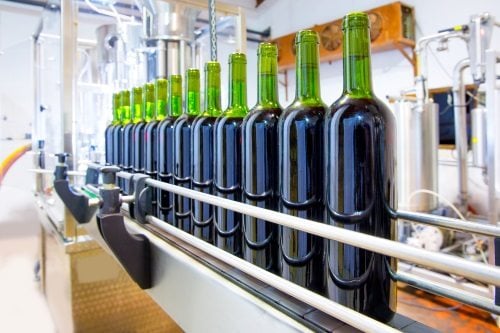UPM Raflatac and Italian wine producer Cielo e Terra will conduct a life-cycle assessment (LCA) to study the environmental impact of wine bottles.
The study took into account the full life cycle of the wine bottle and related packaging elements, and was performed in accordance with ISO 14040/44 standards.
The study was presented in a congress organized in connection to Vinitaly, an international exhibition on wine and spirits recently.
“When comparing the years before and after the investments, we can identify reductions in greenhouse gas emissions of 10% and water consumption of 24% during the life cycle of a wine bottle,” says Giampietro Povolo, finance and operation manager, Cielo e Terra.
The LCA demonstrated that glass production has the most significant environmental impact in the wine bottle product life cycle.
Energy and fuels used on site, as well as secondary and tertiary packaging such as boxes, pallets and plastic wrapping, are also significant for a number of life-cycle impact categories.










